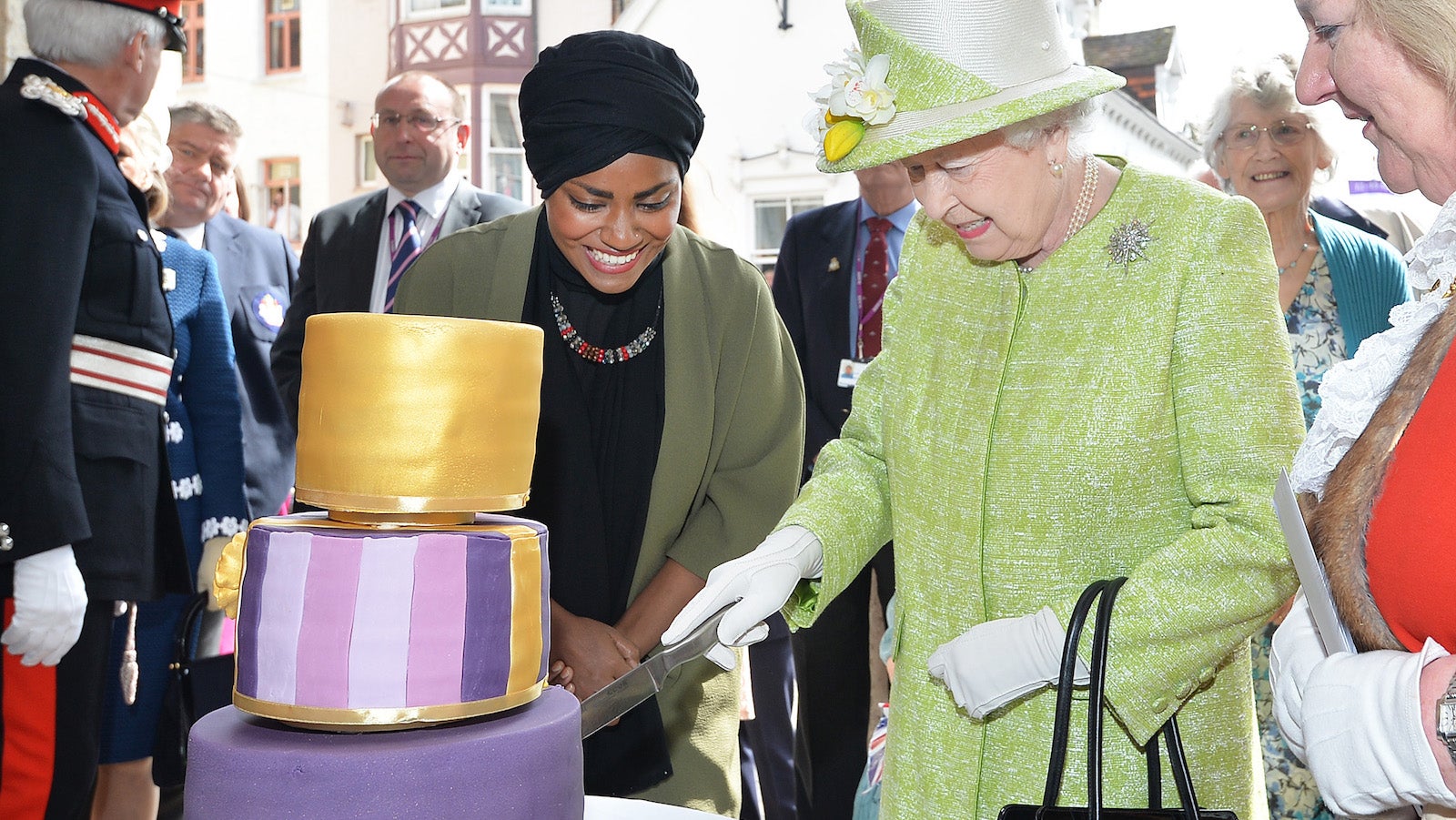The last bastion of comfort on TV, “The Great British Bake Off,” is being commercialized
The UK’s beloved amateur baking competition, The Great British Bake Off, is about to enter the high-intensity realm of commercial TV.


The UK’s beloved amateur baking competition, The Great British Bake Off, is about to enter the high-intensity realm of commercial TV.
Adored by many for its comforting, grandmotherly charm, the program (known as The Great British Baking Show in the US) was the most-watched on UK television last year. After a bidding war, it will now move from the ad-free broadcaster BBC One to Channel 4 in the UK next season.
After the shift, audiences will likely see commercials for cooking appliances and sponsorships by baking brands interspersed throughout the hour-long baking competition, and probably less of the vignettes on the history of baking that currently break up the action.
The show’s fiercely loyal fans are weeping into their Earl Gray tea and Victoria sponge cake:
Channel 4, a government-owned broadcaster that relies on advertising for revenue rather than the fees paid by British households with TVs like the BBC, signed a £25 million ($33 million) three-year deal with the program’s creators, Love Productions, for the rights to air the show. The BBC had offered £15 million.
“We made a very strong offer to keep the show… The BBC’s resources are not infinite,” said the BBC in a statement yesterday (Sept. 12). “We hope Love Productions change their mind so that Bake Off can stay ad free on BBC One.”
Channel 4 hasn’t said that it will cut the length of the program, but fans, like the Twitter user above, assume it will have to trim the show by about 15 minutes to squeeze in ad breaks. And they’re not pleased.
The show, which launched on BBC Two in 2010 and later moved into a prime-time slot on BBC One, features amateur bakers competing to be named the UK’s best. They make desserts and pastries ranging from classics such as sticky toffee pudding to obscure sweets such as Charlotte russe—all under a cheerful white marquee in the English countryside. In a testament to the show’s clout in the UK, one winner baked a cake for Queen Elizabeth’s 90th birthday.
One of the show’s judges, baker Paul Hollywood, recently summed up the show’s appeal: ”We’re in a house in the middle of the English countryside, miles away from everything and far from everybody. I think that comes across on camera—it’s one of those mellow programs that you want to watch and chill out,” Hollywood told Mirror. “It has a nice feeling.”
So far, the show has avoided the staged animosity that has become standard on many reality TV shows. The most drama viewers have to put up with are looming stares from the judges and contestants apologizing to each other profusely when accidents happen. But some fans worry that the program will loose its polite charm after Channel 4 and its advertisers sink their teeth into it.
The Guardian has pointed out that broadcasters in other countries have managed to modify the show to include commercials without severely threatening its integrity.
But the commercials may not be the only disruption for the show’s super fans. To make matters worse, presenters Sue Perkins and Mel Giedroyc are stepping down, and judges Hollywood and Mary Berry have not yet signed on for the eighth season of the show.